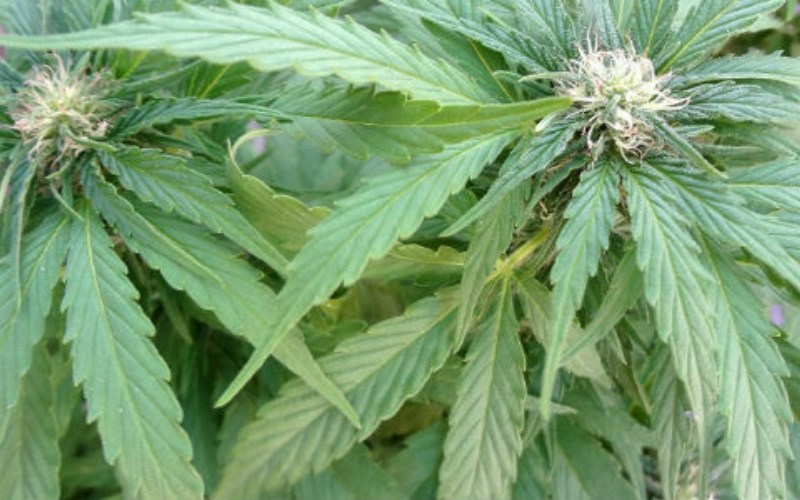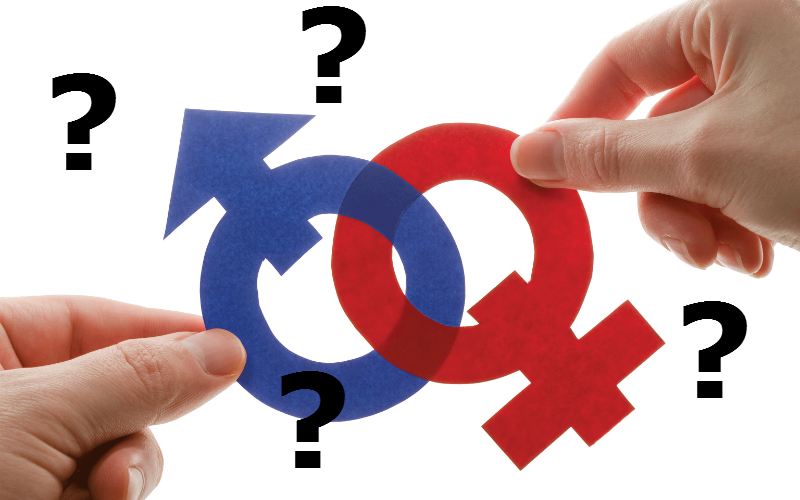In 2018 Oklahoma voters approved medical marijuana by 14 percentage points – and the state has one of the most liberal programs in the country, with more than 2,800 licensed dispensaries and roughly 10% of the state's adult population having a medical license to buy and consume cannabis. Brian Hobbs of the Oklahoma Baptist Messenger tells AFN that burgeoned into marijuana farms and dispensaries at a rapid pace.
"In fact, now we have more marijuana dispensaries than any other state in the United States – more than there are Baptist churches, more [than there] are even gas stations," he laments. According to Hobbs, that's not the idea Oklahomans had for medical marijuana.
Nevertheless, proponents next placed an issue before voters to approve recreational marijuana, making possession of up to an ounce legal. But that initiative was soundly defeated on Tuesday's ballot, even though proponents outspent opponents 20-to-1.

"Definitely the 'yes' side had way more money spent on this race," Hobbs acknowledges, "but we know in God's economy that David sometimes defeats Goliath – or David can beat a 'green' Goliath in this case of a big marijuana-funded effort versus a question of concern and moral faith."
The Associated Press points out that supporters of the initiative spent more than $4.9 million, compared to about $219,000 against.
Hobbs also notes that Oklahomans of faith spent a lot of time in prayer – and God answered. "Instead of seeing Oklahoma go to pot, we'll make this a pleasant place to work and raise a family," he emphasizes, "and we'll keep sharing the gospel and providing the hope that only Jesus can give."
Oklahoma would have become the 22nd state to legalize adult use of cannabis and join conservative states like Montana and Missouri that have approved similar proposals in recent years. Many conservative states have also rejected the idea, including Arkansas, North Dakota, and South Dakota last year.







